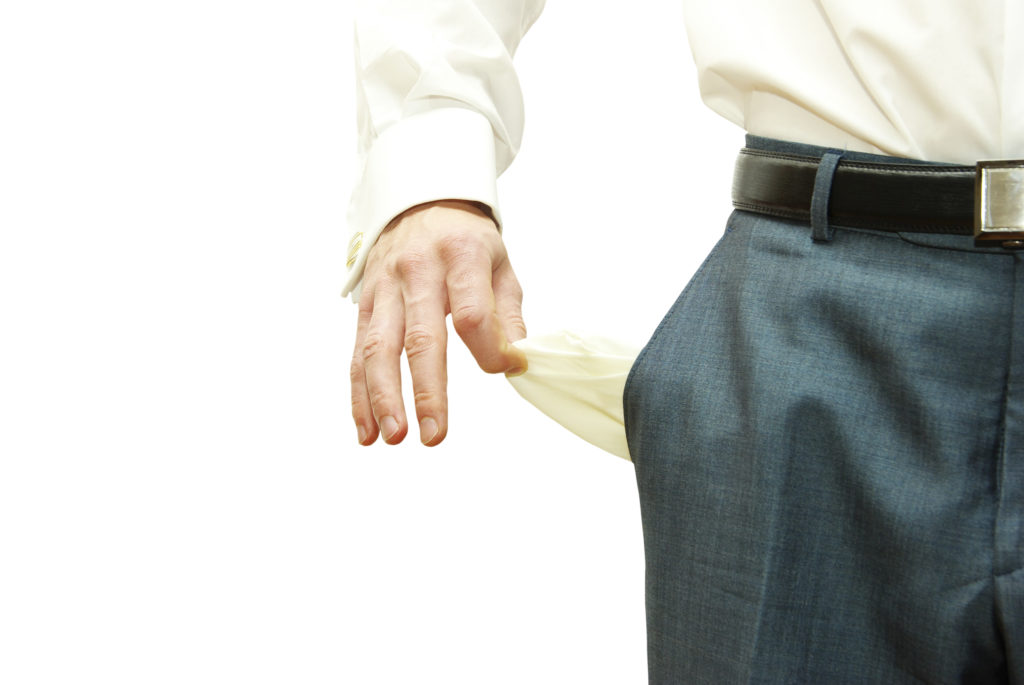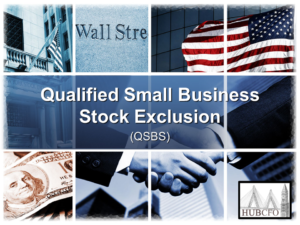NBA Stars Losing Hefty Amounts of Their Salary to the Taxman

Just about everyone knows that professional athletes make a ton of money. Whether you agree with athlete salaries or not, the fact is those hefty numbers you always see reported when an athlete signs a new deal aren’t really all that they’re cut out to be. Oh sure, they are making a lot of money, but they are also paying quite a large tax bill. In some cases, that bill can put a huge dent in their actual earnings.
According to a new report, when determining whom the highest paid NBA player is, it depends on which numbers you use. Kobe Bryant earns more than any other NBA player, coming in with a salary of $23 million this year. However, if you look at his tax bill, which is estimated at $11.4 million, then his actual take home pay is only $12.1 million. That means he is paying close to half of his salary to the taxman.
Several factors played a role in determining these tax numbers, including where a player lives, and where he plays both his home and road games. Road games play a big role in the equation because some cities enforce the so-called “jock-tax” on individuals who come to the area to work. Pro athletes schedules are easy to track, so these cities can easily implement this tax.
There’s no question that NBA players are well compensated for their services, but remember, most players are giving a huge percentage of their income back in taxes, thus reducing how much they actually take home by a large portion. Of course, these tax numbers are an estimate and there are certain measures these players can take to help reduce their tax bill. So they might be able to take more home than estimated.
Likewise, if you need help finding the all of the best ways to save on your tax bill, then contact. GROCO today.
Section 1202: Small Business Stock Gain Exclusion
What is Section 1202 Stock? In December 2015, the Protecting Americans from Tax Hikes Act of 2015 (“PATH Act”) was passed by Congress and signed into law by President Barack Obama. The PATH Act made several tax breaks permanent, including the Small Business Stock Gains Exclusion (Section 1202). The new law makes permanent the exclusion…
Section 1202: Small Business Stock Gain Exclusion
Section 1202: Small Business Stock Gain Exclusion Updated: 01/16/2016 In December 2015, the Protecting Americans from Tax Hikes Act of 2015 (“PATH Act”) was passed by Congress and signed into law by President Barack Obama. The PATH Act made several tax breaks permanent, including the Small Business Stock Gains Exclusion (Section 1202). The new law…



